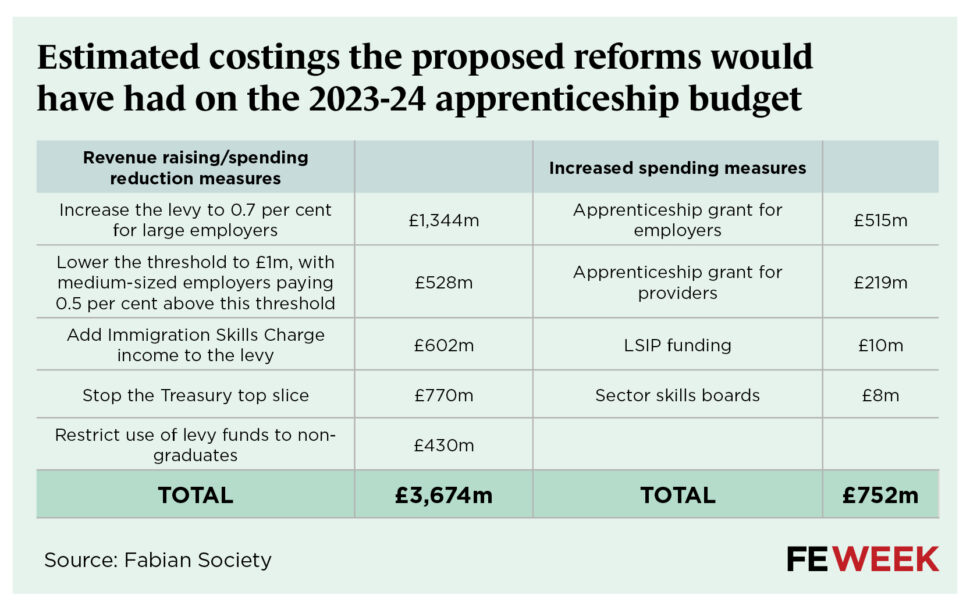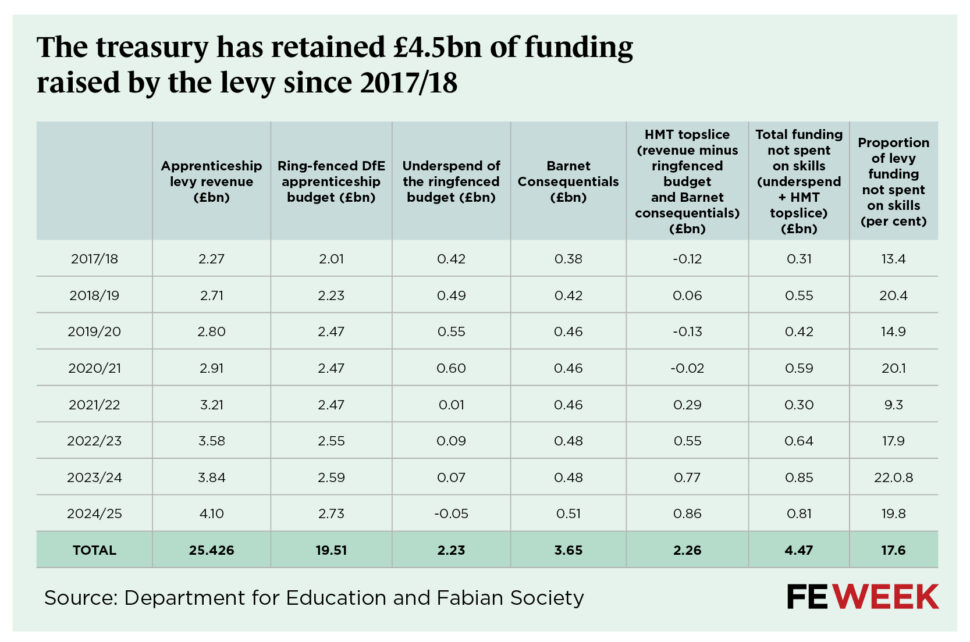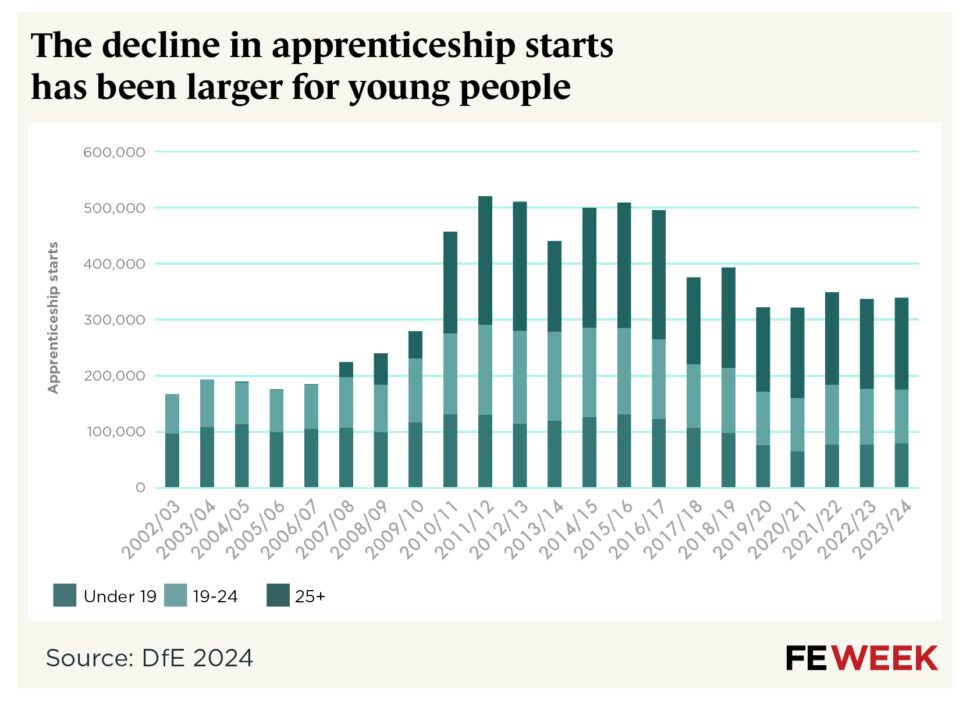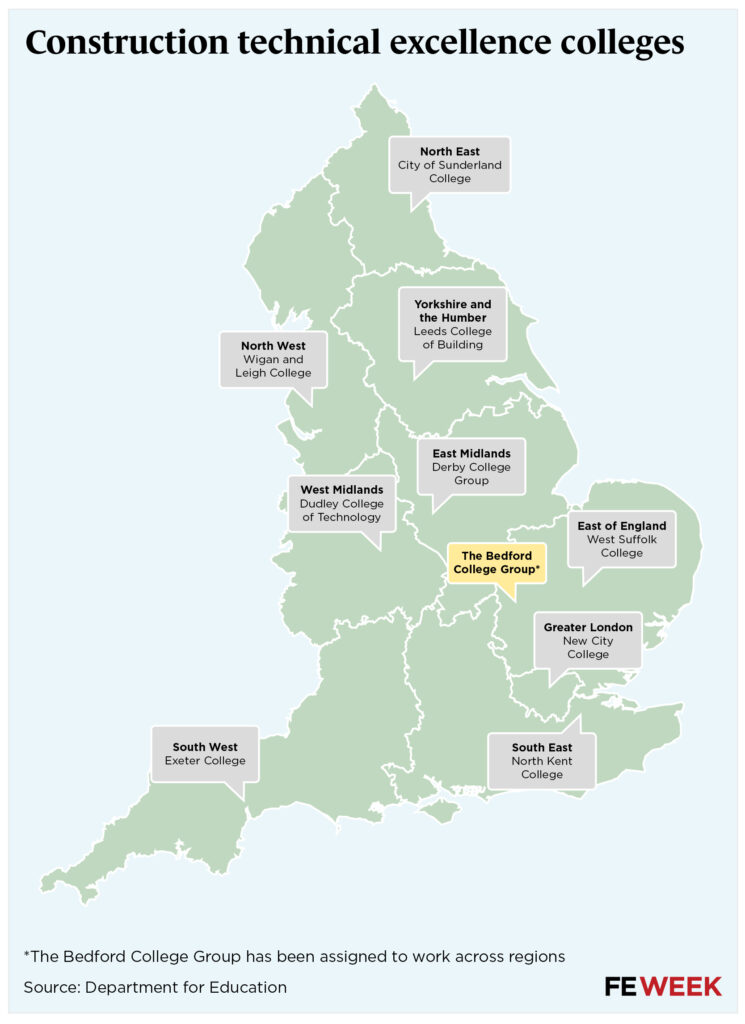Skills England has today released its comprehensive report, Skills England: Sector evidence on the growth and skills offer, providing an in-depth analysis of the country’s current and future skills requirements across ten priority sectors. The quango’s third report marks a significant step in aligning the nation’s workforce capabilities with its economic ambitions, and keeps up its commitment to be data driven.
The report identifies critical skills shortages in sectors pivotal to the UK’s growth plans. The construction industry needs 100,000 additional construction workers a year to meet the government’s goal of building 1.5 million homes by 2029, a task made even harder by changes to the government’s immigration policy.
That policy is also likely to create challenges for the healthcare sector, which to no one’s surprise is also being impacted by an aging population and evolving healthcare needs. A radical rethink is needed that harnesses technological advances, differing skills needs and pay expectations.
And the transition to a green economy and advancements in manufacturing technologies have led to increased demand for technicians proficient in automation, AI and sustainable practices. This is a complex area where qualifications can struggle to remain relevant in a fast-moving world.
The digital sector requires a surge in professionals skilled in cybersecurity, data analysis, and software development to support the UK’s digital infrastructure and innovation. Investment is needed to support the challenges and opportunities provided by AI as well as the increase in cyberattacks.
To address these challenges, Skills England outlines several strategic initiatives already in play. The growth and skills levy aimed at encouraging employer investment in high-quality training programs, addressing the 19 per cent decline in training expenditure since 2011. We still await further details of potential changes to what employers can spend their levy on.
We’ve also just seen the announcement of new technical excellence colleges, aiming to train 40,000 individuals in high-demand construction skills by 2029. Whilst this is welcomed it doesn’t address existing shortages and 2029 is a long time away! Allowing for drop out rates and the current need, this would appear to be half of what is needed. Whilst apprenticeships will undoubtedly fill some of those gaps, they rarely fill higher skilled posts. And does Skills England hope the lifelong learning entitlement and micro-credentials will play a part? If so, it would be useful to have that reflected against these aims.
Finally, the apprenticeship reforms aim to streamline apprenticeship assessments to make them more employer-friendly, with a goal to revise all standards and assessment plans by August 2026. The sector is urgently waiting on further details on these changes.
Skills England emphasises the importance of collaboration with employers, training providers, and government bodies to refine and implement these strategies effectively. Upcoming roundtables and webinars are planned to engage stakeholders in shaping the nation’s skills agenda and it will be interesting to see how they develop.
This report serves as a call to action for all sectors to invest in skills development. However it urgently needs funding across the FE sector to support its aims. We have a current shortage of experienced tutors and lecturers who can both teach and bring current occupational experience. It would be useful to see incentives for recruitment and importantly retention.
We also face a shortage of qualified and experienced assessors in the sector and the new apprenticeship reforms will exacerbate that, with more posts needed within training providers and potentially employers. It would be good to see upskilling funding made available.
Capital investment into FE colleges and training providers is needed to support all the sectors highlighted by Skills England.
While the new technical excellence colleges will receive funding, this leaves other colleges and particularly training providers out in the cold. It will be interesting to see if additional capital expenditure is released on a wider basis. Let’s hope this message is heard in the roundtables.
Finally all this has to be set against the current economic restraints and the awaited Autumn Budget, now rumoured to be November. This report needs to act as a catalyst for skills funding that drives growth and creates employment investment but we know the priorities are defence and the NHS. We know employers are not replacing leavers and young people in particular are facing rising employment rates. But this is not addressed within the report. It’s great that we have skills shortages clearly set out, but without employer investment and potentially incentivisation it runs the risk of gathering dust on the shelf.







